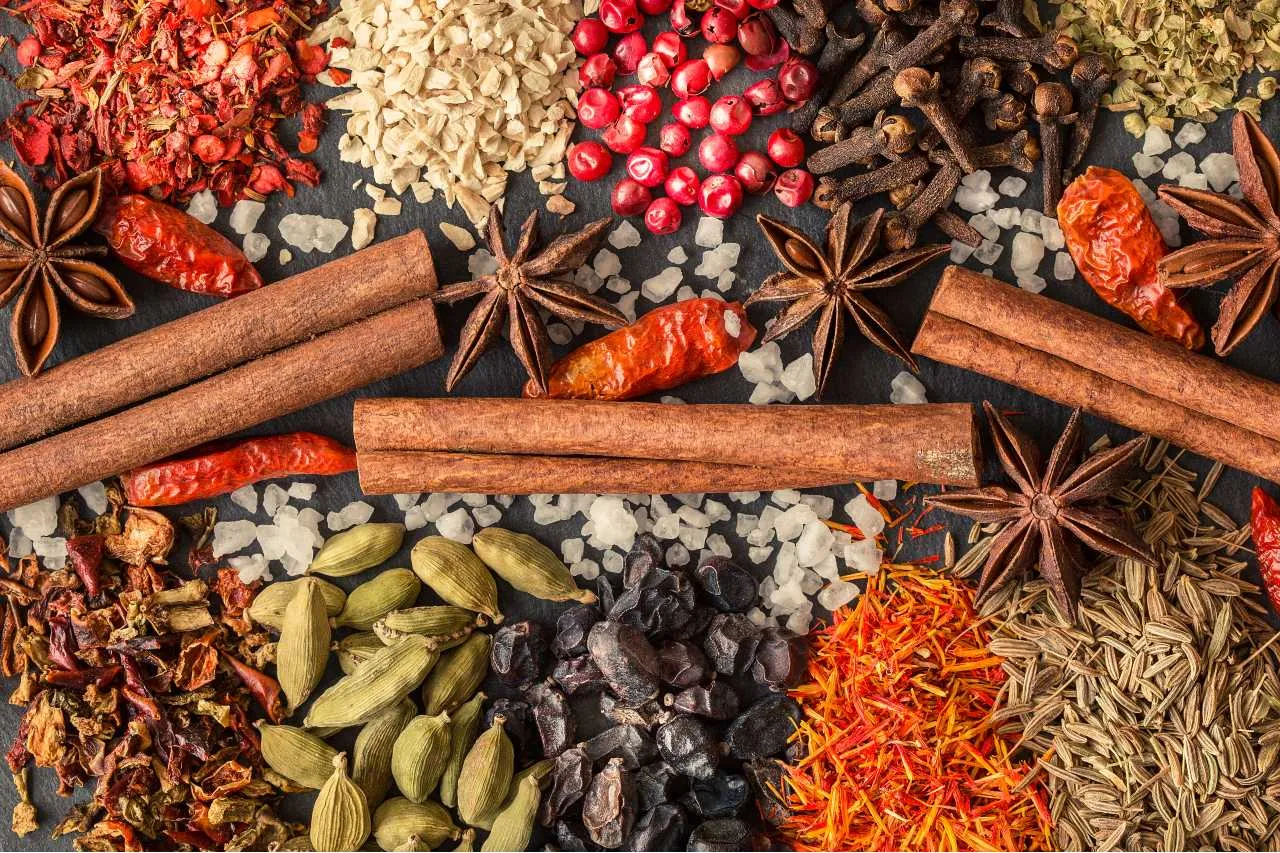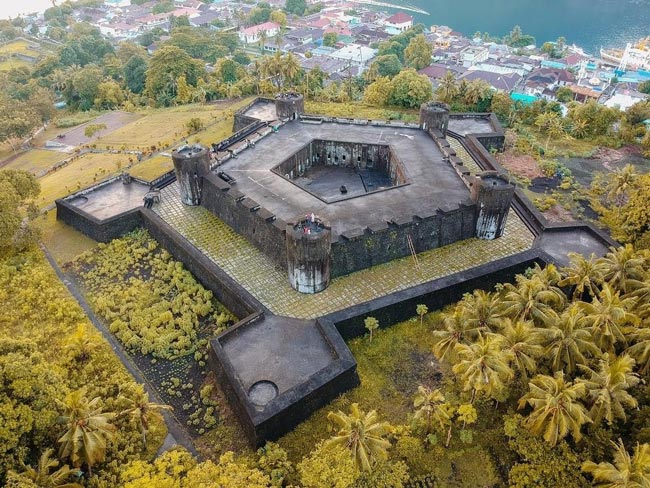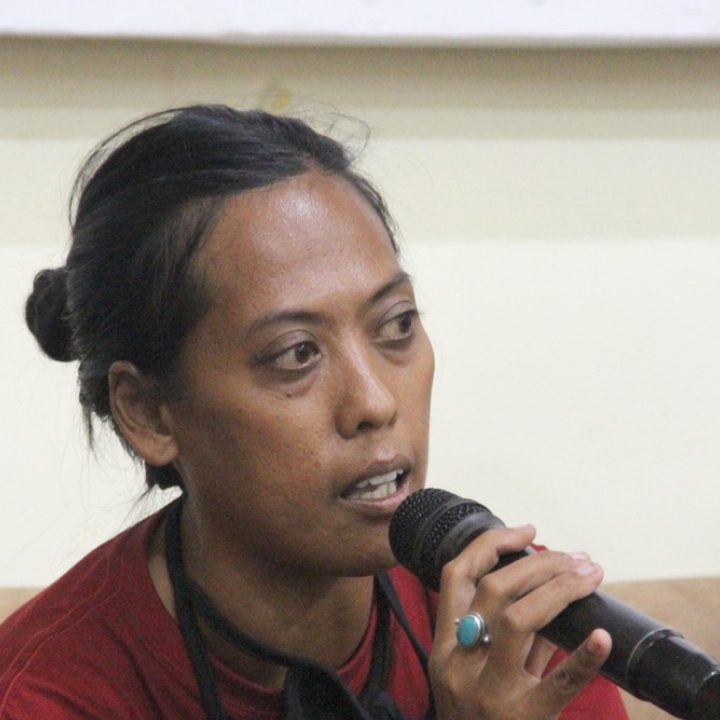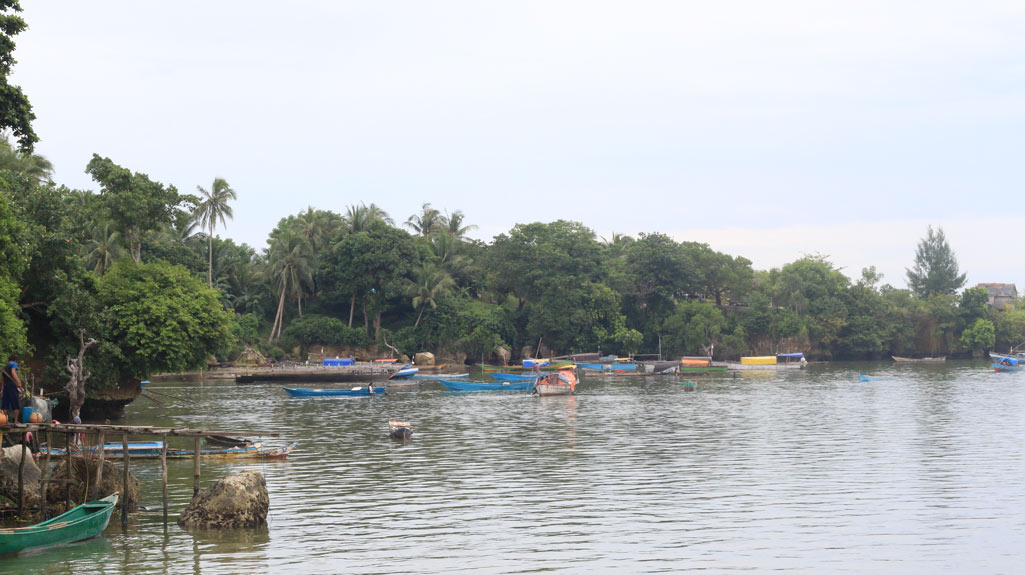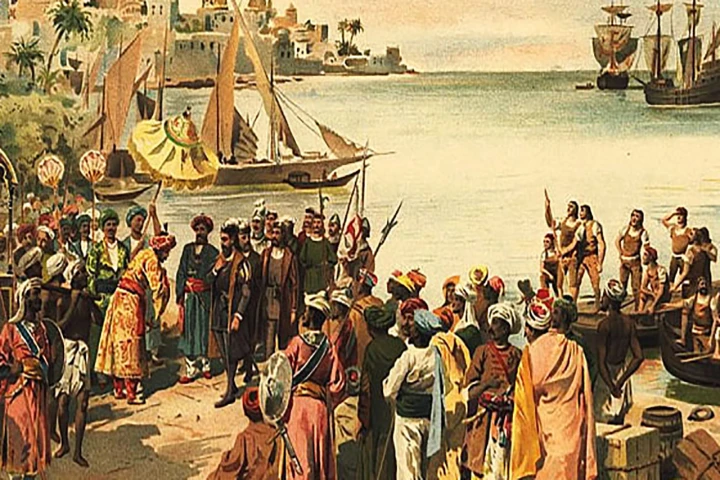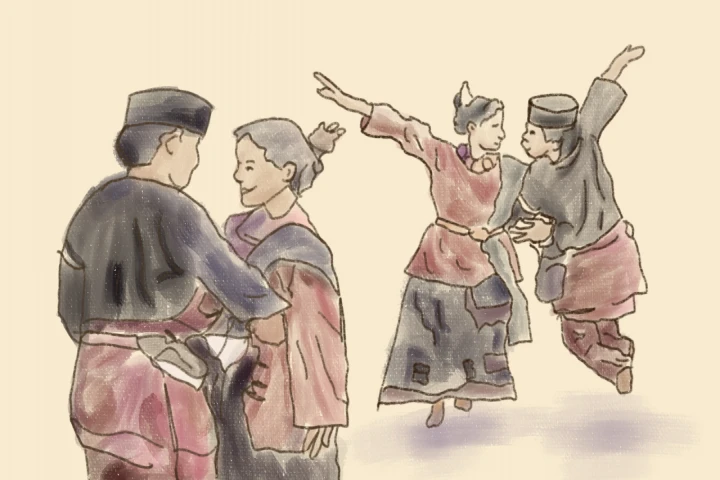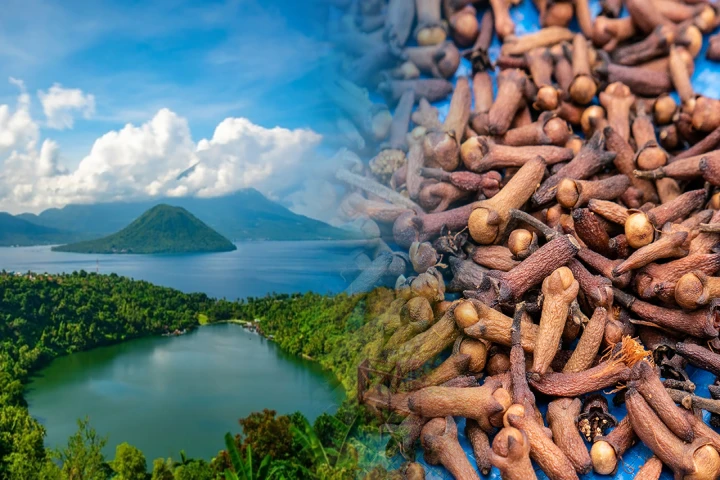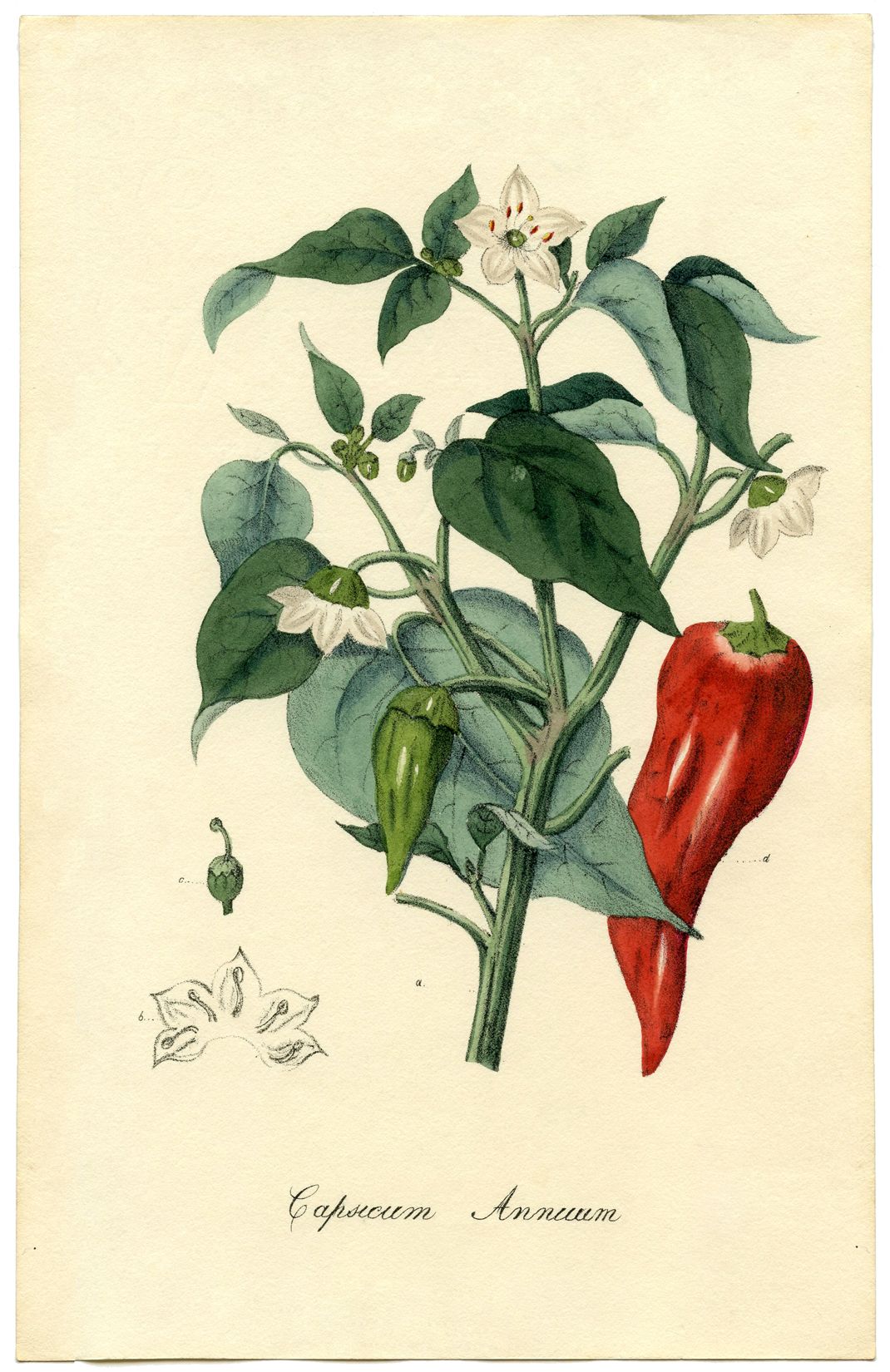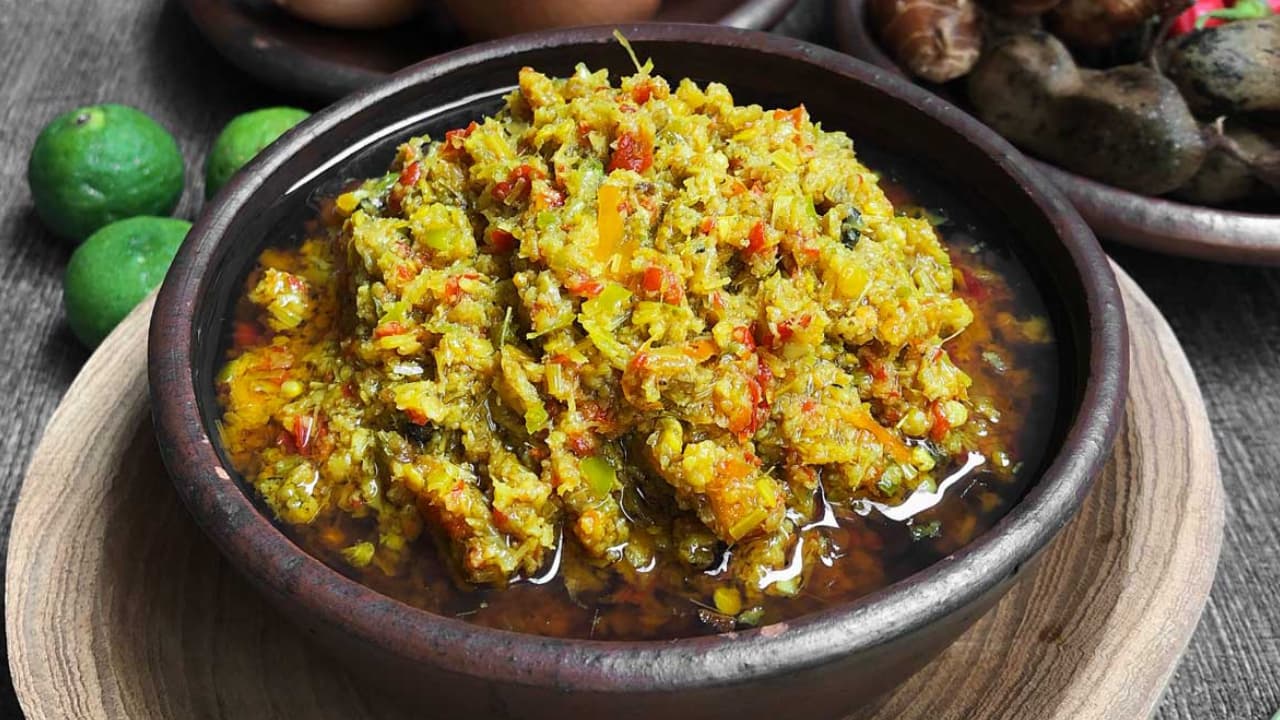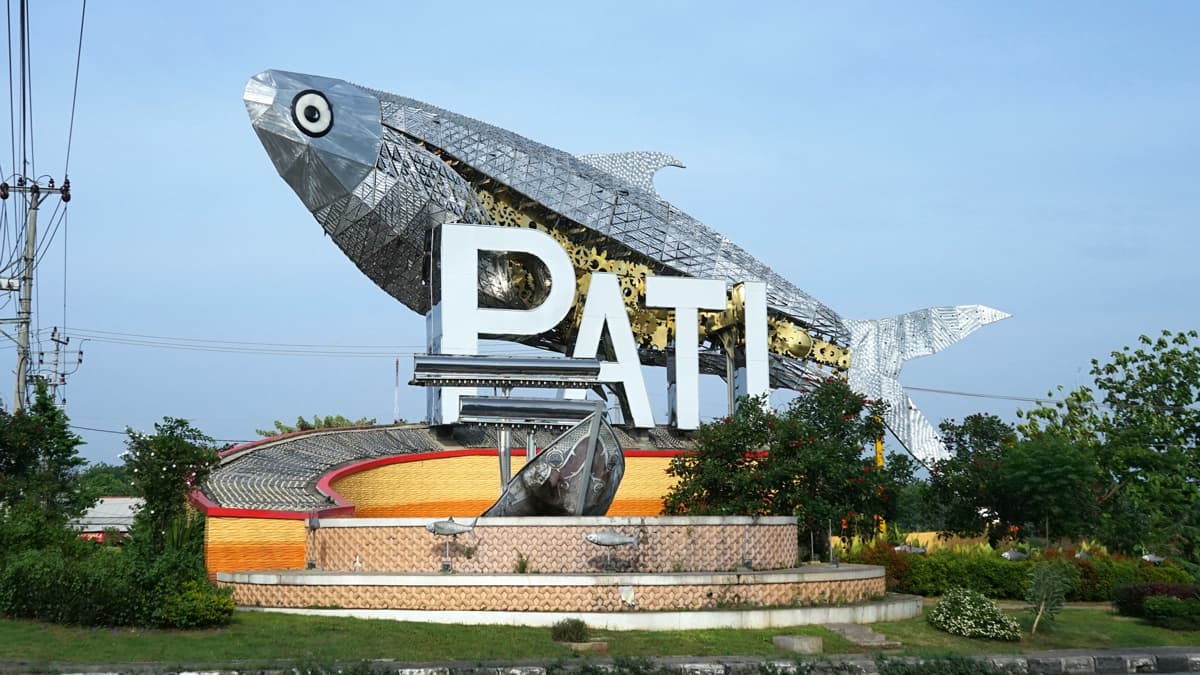
Java Island gave a remarkable role in spice history. Pati in Central Java was one of the most significant points. Pati became a crucial Spice Routes’ trace, for it lay in a strategic location. It played an outstanding role as an entrance from the east to Jepara and so forth.
From an ancient historical record, Juwana Port was a part of the north coast of Java that was crucial for the economic center in Pati. Besides being an entrance from the east, the best shipyard constantly developed, and it became the distribution point of free trade.
Aside from Juwana, there was also Tayu, a port of call from Juwana to Jepara. After the occupation of VOC, Jepara was considered a very strategic place and developed as their trade post.
Today, we can see the traces of Spice Routes in Pati through the pluralism that still exists today. Various religions flourished there, started from Islam, Christian, Hindu, to Buddhist. It portrays the identities of various traders from different backgrounds who came and brought influences and cultures to Tayu in the past.
Further, Pati’s mountainous area that made it easy to cultivate the spices strengthened its position. Tayu and Juwana ports did not let themselves immerse in history. Today, they still operate and become the central trade with the central government in Pati.
As a trading port in Java Island, Pati produced cultural traces that we can see through the arts and traditions. They are Ketoprak, Wayang Topeng Soneyan, and Wayang Mandailing. The last one mentioned is a collaboration performance performed by the Javanese, Chinese, Maghrebi, and Dutch. It is proof of acculturation as a result of the spice trade in the past.
__________
Source:
Webinar Budaya Rempah di Pusaran Jawa. Speaker: Dwi Ratna Nurhajarini, M.Hum. (The Head of the Cultural Values Preservation Center of the Special Region of Yogyakarta), Winarto, S.Pd., M.Hum. (The Head of the Department of Education and Culture of Pati) and Prof. Singgih Tri Sulistiyono.
__________
Text: Doni Ahmadi
Editor: Tiya Septiawati
Translator: Dhiani Probhosiwi
